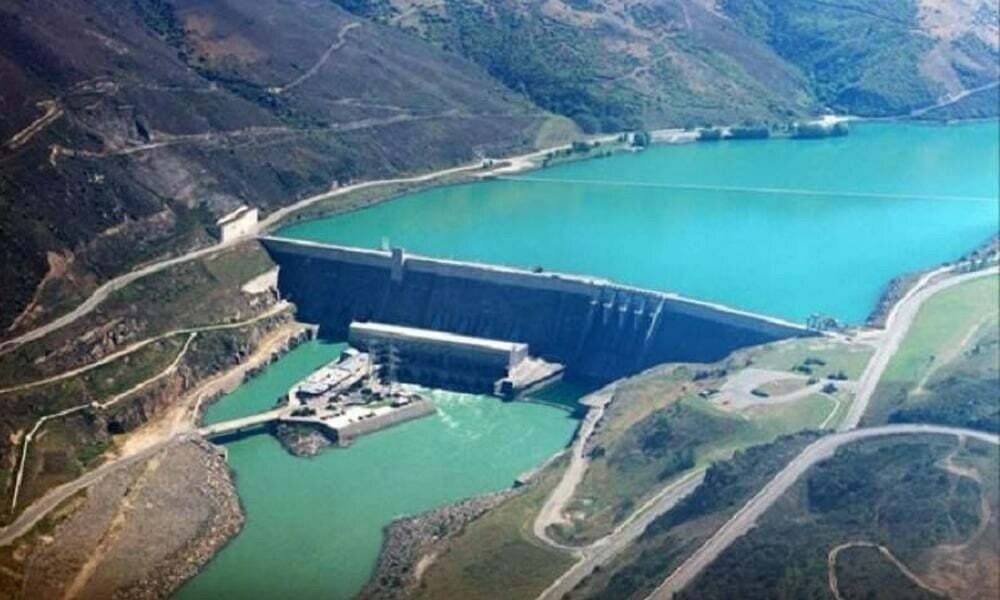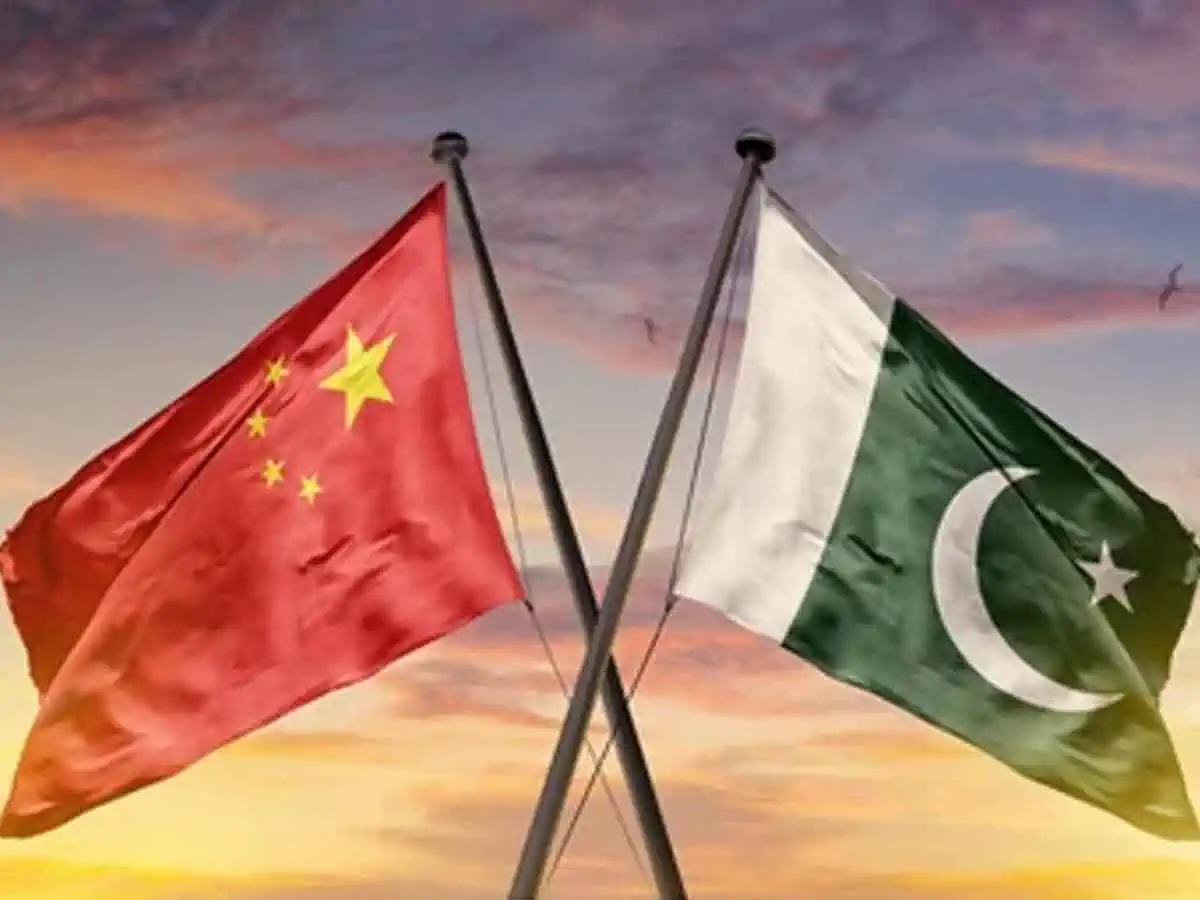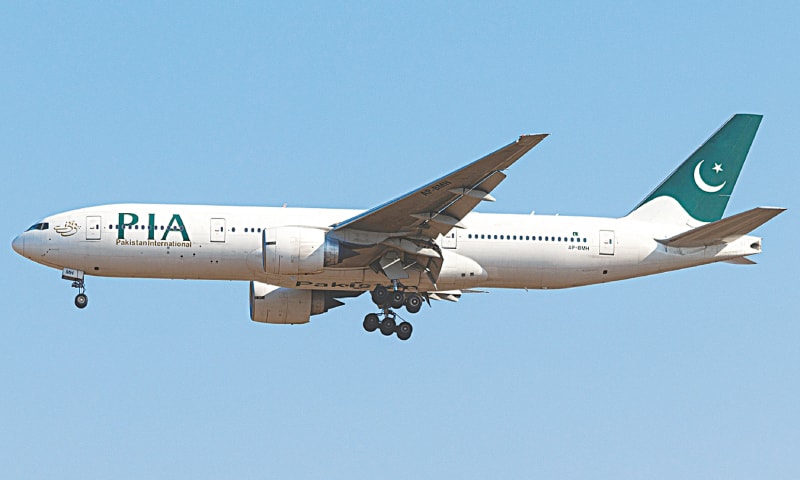Khyber Pakhtunkhwa (KP) Chief Minister Sardar Ali Amin Gandapur has formally requested Prime Minister Shehbaz Sharif’s intervention in resolving the long-standing Net Hydel Profit (NHP) issue between the province and federal agencies, primarily the Water and Power Development Authority (Wapda).
In a detailed letter to the Prime Minister, Gandapur emphasized the need for an “out-of-the-box” solution to the NHP payments problem, citing both constitutional provisions and decisions of the Council of Common Interests (CCI) that support KP’s claim to its rightful share. The issue has taken on urgency given the province’s ongoing fiscal challenges and a reported outstanding shortfall of Rs. 75 billion in payments.
Referring to Article 161(2) of the Constitution of Pakistan, the Chief Minister noted that net profits earned from hydroelectric power stations must be paid to the province where the station is located. These payments are determined by the Council of Common Interests (CCI), a constitutional forum meant to resolve disputes between the federation and provinces.
Gandapur highlighted the Kazi Committee Methodology (KCM), which was formally adopted by the CCI in January 1991 as the formula for calculating NHP. The first payment of Rs. 6 billion was made to the then North-West Frontier Province (NWFP) in 1992 under this methodology. Since then, the KCM has been endorsed by successive National Finance Commission (NFC) awards, upheld by the Supreme Court of Pakistan in 1997, and reaffirmed in multiple CCI meetings—most recently in 2022.
To address mounting financial pressures, the federal government introduced an interim arrangement in 2016, approved by the CCI. Under this, Wapda was to pay NHP at Rs. 1.10/kWh with a 5% annual indexation, which was incorporated into the power generation tariff. This affected consumer electricity tariffs by approximately 18 paisa per unit.
However, CM Gandapur noted that these payments have not been made consistently. As a result, KP is now owed Rs. 75 billion—a sum that threatens the province’s ability to sustain essential public services.
The Chief Minister further cited the 37th meeting of the CCI held on April 24, 2018, where a committee under the Deputy Chairman of the Planning Commission was tasked with finalizing the actual NHP amounts. The committee submitted its report in December 2019, which was later endorsed by the CCI. The report validated that KP was owed Rs. 128 billion for fiscal year 2016-17 alone, while Punjab’s share was calculated at Rs. 52 billion.
Despite these clear calculations and constitutional backing, the payments have yet to materialize in full.
In his letter, Gandapur urged PM Shehbaz Sharif to direct the Planning Commission to convene a meeting of the “Out-of-the-Box Committee” without further delay. The committee, created to explore alternative solutions, has already held five meetings, during which stakeholders were invited to submit proposals. KP has already submitted its proposed framework to the Planning Commission.
He expressed hope that under the Prime Minister’s leadership, a fair and transparent resolution could be achieved that honors the rights of the people of KP, the constitutional framework, and prior CCI decisions.
The KP government proposed three options to settle the issue and ensure future payments:
Federal Government should pay NHP dues under Article 161(2) and Presidential Order No. 3.
Payments should reflect CCI decisions (1993–2022) and the report of the Jehanzeb Committee, approved in December 2019.
Federal PSDP funds may be used to finance the power component of hydro projects, similar to how dam components are funded, ensuring revenue flows for NHP disbursement.
Hydroelectric power stations currently managed by Wapda should be transferred to the provinces.
This aligns with the Power Generation Policies of 1995 and 2015, which allow for such transfers.
Until transfer completion, NHP dues should be paid using KCM, while operations and maintenance (O&M) responsibilities can remain with Wapda.
A second interim arrangement should be announced, increasing consumer electricity tariffs by Re. 1/kWh to create funds for NHP payments.
Payments should no longer go through Wapda, as it is not the revenue collection agency for the power sector.
Instead, CPPA-G (Central Power Purchasing Agency – Guarantee) should make direct NHP payments to the provinces via an ESCROW account, as CPPA-G now functions under the Power Division.
Gandapur concluded by expressing confidence in the federal leadership, stating that PM Shehbaz Sharif’s guidance could help navigate the complex financial and bureaucratic challenges involved in resolving the NHP issue.
He emphasized that such a resolution is not just about KP—it sets a precedent for federal-provincial financial relations, ensuring equitable resource distribution in accordance with the Constitution of Pakistan and judicially endorsed mechanisms.
The NHP dispute has been a long-running fiscal contention, and how the federal government responds to KP’s appeal could redefine federalism, energy sector governance, and interprovincial trust in Pakistan.




